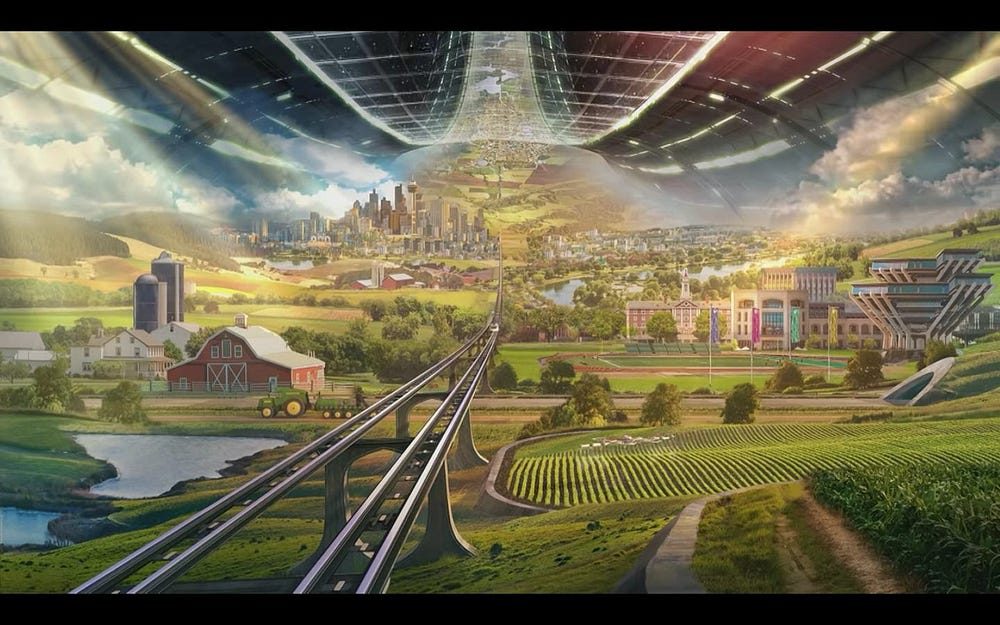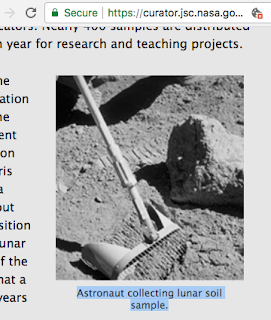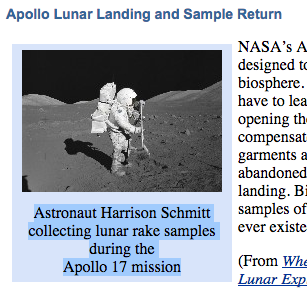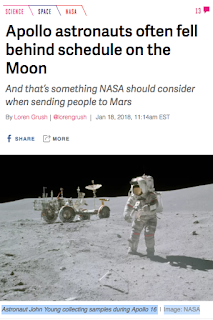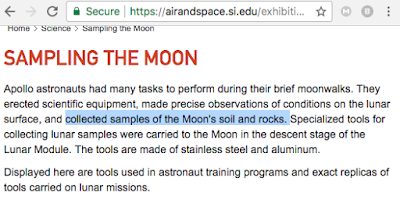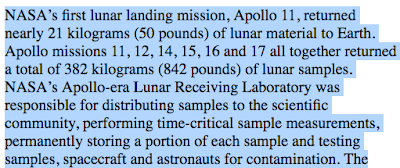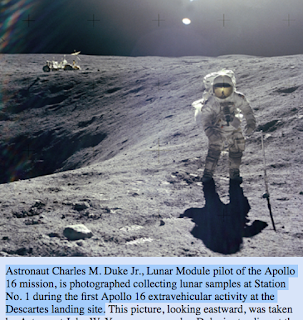 by Harvey » Tue May 14, 2019 6:30 am
by Harvey » Tue May 14, 2019 6:30 am
I wrote a part of this Socratic dialogue in specific response to something elsewhere, but it sort of fits well with the above. Hope it's not too boring.
S: Do capitalists employ workers?
G: Yes.
S: And are these workers educated?
G: It stands to reason that an educated workforce is of more value to capital, yes.
S: And these workers are educated to the degree that they can become capitalists themselves?
To a degree. If they wish to acquire specialised skills and knowledge they can do so.
S: And are these workers educated by the capitalists?
G: No. They are educated by the state to a certain level or pay for it themselves. For more specialised skills and knowledge, as I have stated, they must in general pay for it themselves.
S: So it would appear that in general, the state educates people to the degree that they are useful to capital.
G: Yes, it could be stated truthfully in this way.
S: Do capitalists pay the state for the use of this education?
G: No. They pay no taxes beyond a modest level to reward their entrepreneurial risk taking.
S: So if I risk my life in jumping from a high building I should not be rewarded for it?
G: Of course not, you haven’t made or built anything or employed anyone by doing so.
S: And the capitalists make and build things?
G: Yes.
S: And these things made by capitalists are then distributed freely among the people
G: No, of course not. People must buy them with their own money.
S: I see. So these things are novel and interesting and desired by others to such a degree that people are willing to spend their own money on them, but which are made with their labour and built in part with education which they themselves have paid for?
G: Yes, but the people are compensated for their labour.
S: Around $500 billion is spent each year on Public Relations, among other things to encourage people to buy these things. Is this a measure of the value of the things these capitalists make?
G: Yes, I suppose it is.
S: And how is this Public Relations information conveyed to the people?
G: In many ways. These days mostly through advertising on devices owned by the people.
S: And these advertisements are sought by the people, to inform them of the choice of products available?
G: Yes of course.
S: So the people can choose not be persuaded by these advertisements?
G: Yes of course.
S: I have noticed that if I want to access any information on these devices, I must encounter thousands of advertisements each day, mostly for things I do not wish to buy.
G: It is of course your choice whether you wish to seek information.
S: But is not information the basis of all choice?
G: Yes, that is true
S: But I can not choose to find information without also encountering advertisements?
G: You could go to a library instead. It is your choice.
S: Unfortunately my local library in Athens has been closed. As you say, I may choose to walk further and find an existing library but I cannot however choose not to see billboards along the route, the advertisements on screens visible from the public footpath and the road and on the sides of buses, taxi's and so on.
G: Yes, I suppose that is true.
S: And these advertisements while they may not lie, do appear to create false impressions of these things which capitalists make and sell.
G: This is a subjective judgement as to what is or is not attractive and desirable or what is or is not false.
S: Indeed this may be true, although it is certainly the case that I have no wish to see them.
G: We have established this, yes.
S: Let us move on. Do these capitalists move things around?
G: What kinds of things?
S: I wish to note that we may discuss any number of things, material, workers and even the capitalists themselves, but let us confine ourselves for the sake of convenience to the products our capitalists make.
G: Yes.
S: How do they do this?
G: On roads. By train. By plane. By ship.
S: And do these roads build themselves?
G: No, of course not, they’re built mostly by the state.
S: Do these vehicles of land sea and air operate by magical means?
G: Of course not, they are powered by fuels, such as petroleum or diesel or electricity generated by burning coal and so on.
S: And the capitalists secure these fuels by their own effort?
G: Of course.
S: So these fuels are not subsidised upwards of $2 trillion dollars globally, in public money each year, according to the IMF?
G: Well yes, perhaps they are.
S: And these capitalist entrepreneurs, these risk takers do they communicate?
G: Yes of course, they depend upon communication as we have established already.
S: And how do they do this?
G: By phone, by internet, by post, that sort of thing.
S: And did these capitalists pay for all these means of communication?
G: Yes, of course, everyone does.
S: But don’t most of these things require considerable infrastructure?
G: Yes.
S: And isn’t this infrastructure mostly built with public money? The internet is such an example is it not?
G: Yes but the capitalists pay for them like everyone else.
S: But it is true that the power of capital is such that they may pass laws to gain privileged access to these things, is it not?
G: Yes, but only because everything else depends upon their goods and services.
S: But they don’t have to start from scratch, they rely on the same infrastructure as everyone else, do they not?
G: That is true.
S: And this infrastructure is built with public money is it not?
G: We have established this, yes.
S: Then shouldn’t they pay taxes like everyone else?
G: That might be true except the communications infrastructure is also owned by businesses themselves, for example.
S: But they didn’t have to construct it with their own money.
G: No, that is true. But they did purchase it from the state.
S: At a loss to the state?
G: Yes, that is true.
S: And they have grants from the state and preferential agreements with the state to develop and implement new infrastructure from which they draw majority benefit?
G: I suppose that is true.
S: And yet the capitalists don’t need to contribute to the state?
G: Why no, they employ people, give them jobs.
S: Give them jobs? You mean they have need of work and people agree to work for them at a given rate?
G: Yes.
S: And choosing to work for capitalists they have freedom of choice in a market place of jobs and with equal power, such that they may choose their level of wage or conditions of work?
G: No of course not. They have taken no risks nor built anything.
S: And yet we have agreed that the actual work is performed by the workers. It may be said that they have built everything, from the roads to the schools to the things they buy, is this not so?
G: I suppose when you put it like that, yes.
S: But having received all these benefits, the capitalists are the one’s taking risks and so should not have to pay taxes proportional to the benefits they receive?
G: That is true.
S: Do capitalists benefit from state funded investment in science and technology, in research and development?
G: Why yes they do. In every field, from pharmaceuticals to materials science and much else.
S: But they don’t share the benefits of these great and good discoveries and inventions by making them available to everyone?
G: No of course they don’t. They copyright and trademark and defend their intellectual property, as well they should being the fearless risk takers they are. They charge the highest price they can according to the laws of each state as is only right, they have taken the boldest risks after all.
S: And do all of these entrepreneurial activities have other costs, to water supplies, to the natural world, to ecology and to the ability of life itself to flourish and maintain itself?
G: Yes, this is true.
S: And do they pay either to minimise or to correct their damage?
G: It might be said that they do.
S: Is the power of capital such that they are able to pass laws precisely so that they do not have to pay for the damage their products cause?
G: I suppose that may be true.
S: And while they may pass laws to exempt themselves they may also ‘go out of business’ before such costs are due, or convince others that they themselves are to blame.
G: Yes that may also be true.
S: And if they are as grand and important as you say, should they be allowed to go out of business?
G: Not if they are vitally important to everything else, no. The public should pay for them to recoup their losses, being as important to everything as they are.
S: The state should underwrite their losses? They shouldn’t be out of pocket?
G: Not if it stops them from continuing to be entrepreneurs and taking risks.
S: Given all this, why don't the people rise up against the capitalists?
G: Because we have police and armies to maintain order, to keep the peace and to ensure that such things do not happen.
S: And the police, the armies, they are paid for by the capitalists, through taxes?
G: Not so much. Although capital has begun to discover the need to employ private police and armies with equivalent powers to those of the state.
S: And these private police are accountable to the state as should be the case in a democracy?
G: Not so much, no.
S: But we have established that most of what they do, what they make, what they make it with, how they move it and how it is secured is through public works and that when their risks fail at some stage, being too important to pay the costs, everyone else must do so. Is this correct?
G: Yes, that is true.
S: So we may ask who is actually taking the risks?
And while we spoke of many things, fools and kings
This he said to me
"The greatest thing
You'll ever learn
Is just to love
And be loved
In return"
Eden Ahbez






